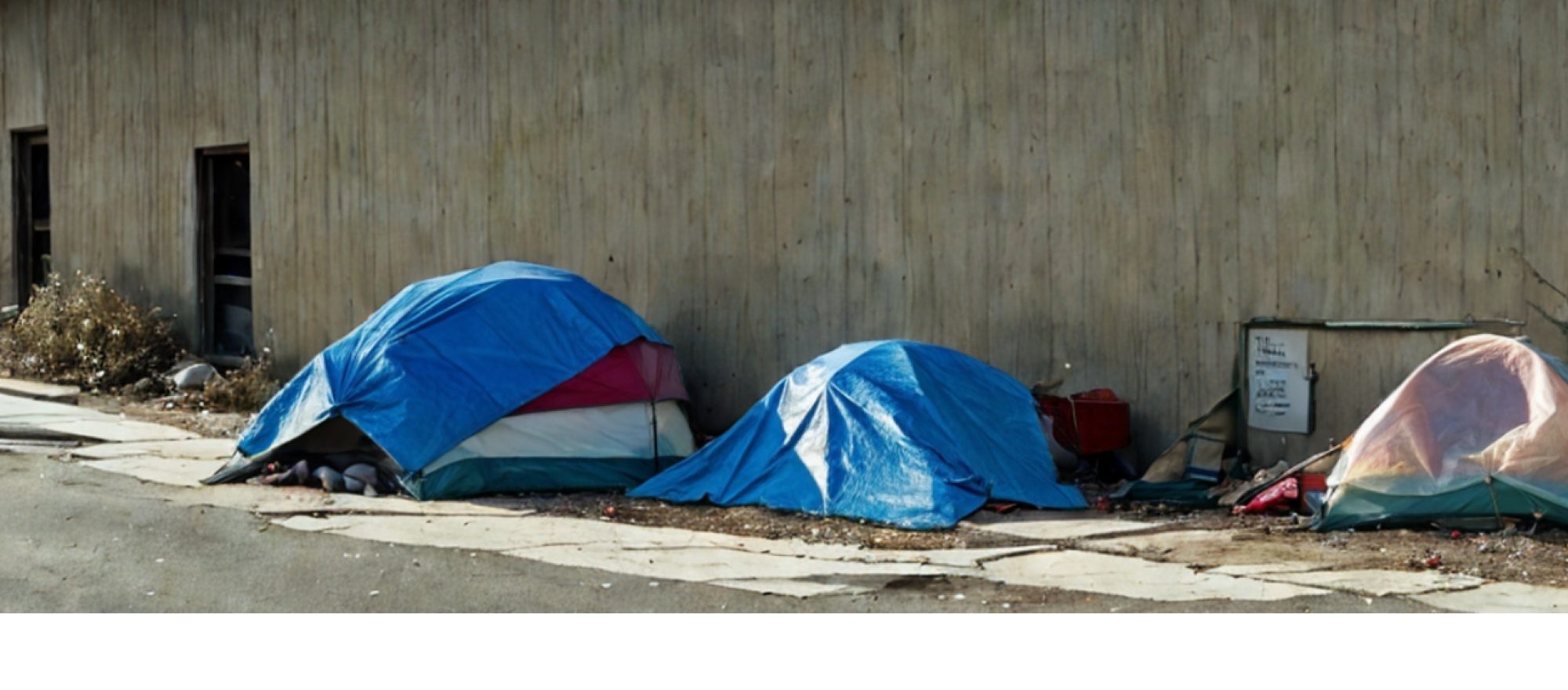
Here are some detailed insights into eviction prevention programs
Emergency Rental Assistance Programs (ERAP)
These programs provide financial aid to help renters cover overdue rent, utilities, and other housing-related costs. For example, the U.S. Department of the Treasury’s Emergency Rental Assistance Program has provided over $46 billion to support housing stability for eligible renters.
Eviction Protection Grant Program (EPGP)
Launched by HUD, this program funds legal service organizations that offer no-cost legal assistance to low-income tenants at risk of eviction. The program aims to help tenants reach mutually beneficial resolutions with landlords and defend against illegal evictions.
Eviction Diversion Programs
These programs aim to prevent evictions from reaching the courts by offering a combination of legal assistance, housing counseling, rental assistance, and negotiated settlements. They help resolve disputes outside of formal legal proceedings, reducing the burden on the court system and providing more immediate relief to tenants.
Housing Counseling Services
These services provide tenants with guidance on managing their finances, understanding their rights, and navigating the rental market. Housing counselors can help tenants develop plans to avoid eviction and maintain stable housing.
Legal Assistance
Access to legal aid can significantly impact the outcome of eviction cases. Legal services can help tenants understand their rights, negotiate with landlords, and represent them in court if necessary. Programs like the Eviction Protection Grant Program have expanded the reach of these services.
Community-Based Support
Local nonprofits and community organizations often play a crucial role in eviction prevention by offering emergency financial assistance, mediation services, and other support to at-risk tenants. These organizations can provide immediate help and connect tenants with additional resources.
By implementing and supporting these programs, communities can effectively reduce the number of evictions and help maintain housing stability for vulnerable populations.
